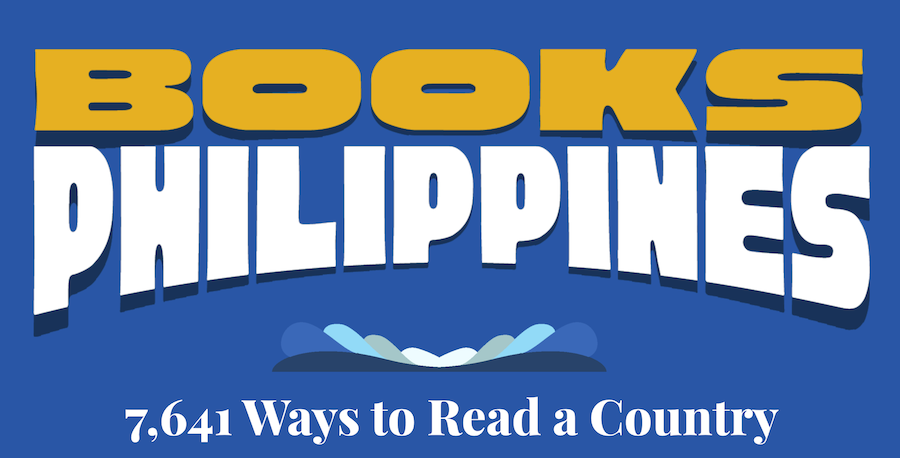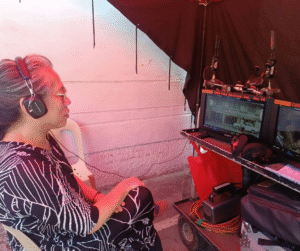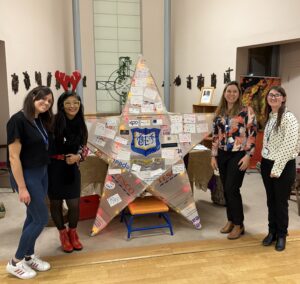For the second year in a row, Books Philippines (National Book Development Board – Philippines) is participating in the London Book Fair, one of the largest international publishing trade fairs for copyright negotiations and the sale and distribution of content across different platforms. Headed by Executive Director Charisse Aquino-Tugade, Books Philippines is the government lead agency involved in publishing. It is representing the country’s publishers with the goal of showcasing brands and book titles as well as selling book rights during the fair.
The Philippines is a country of 7,641 islands in Southeast Asia. It has a population of 109 million, speaking 182 languages. Its vibrant history is Austronesian in heritage, with its indigenous culture influenced by Europe through Spanish colonialism and America through the English language, the public school system, and popular culture.
The Philippines’ wealth of myths, stories, and folklore in the form of graphic novels, children’s literature and contemporary fiction will be featured in this year’s London Book Fair, which runs from 18 April until 20 April at Olympia London.
Among the Philippine publishers whose titles will be on display are Adarna House, Anvil Publishing, Ateneo de Manila University Press, Milfores Publishing, University of the Philippines Press, Vibal Foundation, Komiket, Tahanan Publishing, ABC Educational Development Center, Ateneo de Naga University Press, St. Matthew’s Publishing and Savage Mind Publishing House, among many others.
Here are some of the featured Philippine books during the fair:
The Pencil Who Would Not Write – Mary Ann Ordinario and Beth Parrocha
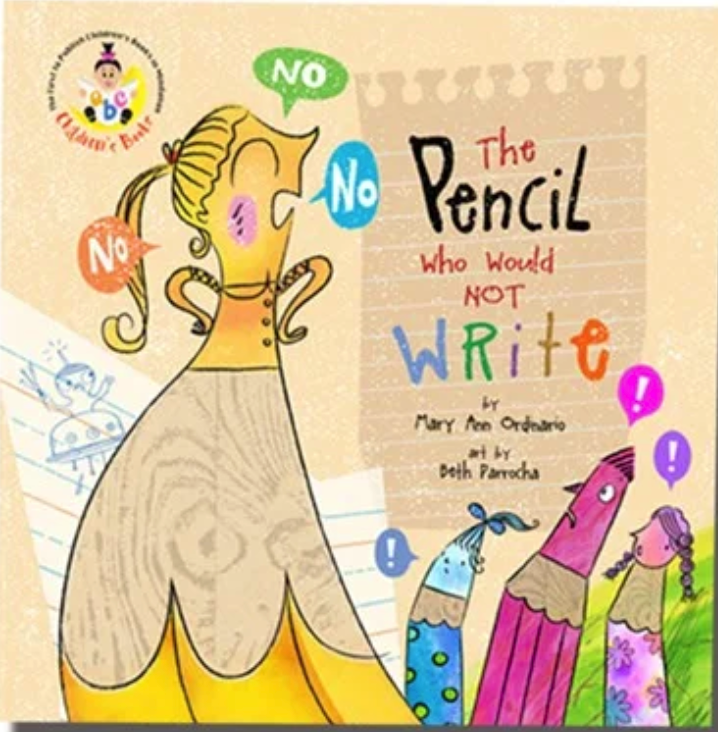
ABC Educational Development Center
All the pencils love to write except for Ms Yellow Pencil. She wants to stay sharp and tall, and keep her beautiful yellow skin forever. She thinks that if children will use her to write, she’ll be shorter and nothing is left of her but a piece of junk wood. So she ended up hiding herself under the stacks of Ms Pad Paper inside a dark wooden shelf. Until something very terrible happened that she herself pleaded to be able to write again.
Every Sunday – Och Gonzales and CJ Reynaldo
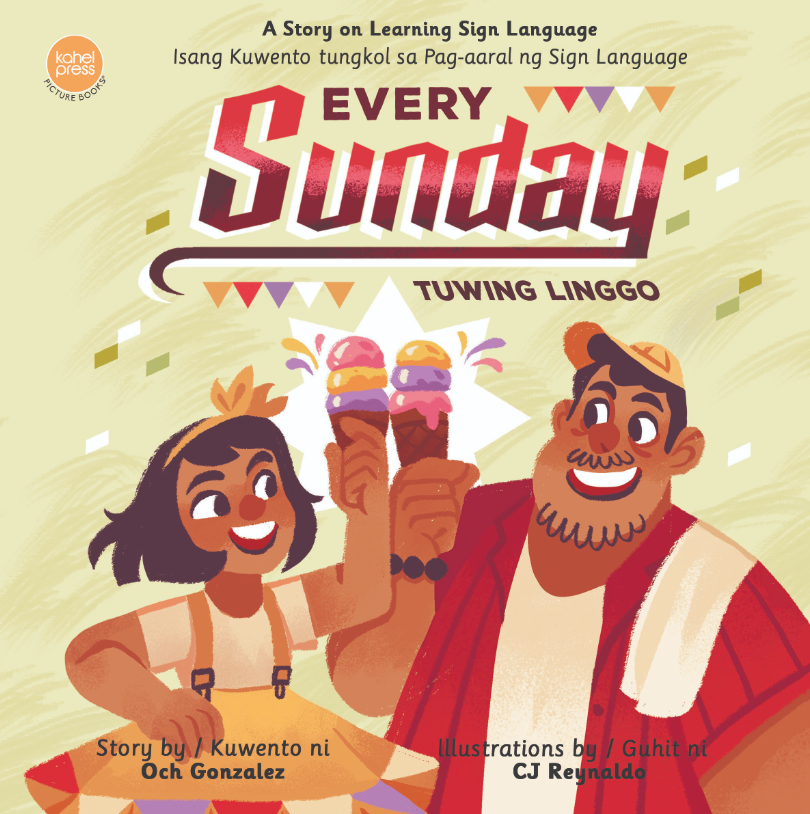
St Matthew’s Publishing Corporation
“Kuya Berto, the ice cream vendor is really cool! I want to be friends with him but I don’t know how to talk to him. He can’t hear and I also don’t know sign language. How can we be friends?” This picture book features a young girl learning sign language from a deaf ice cream vendor. She finds other ways to learn sign language. Not only does she use sign language with the ice cream vendor, she also shares this unique way of communicating with her friends and family.
Bahay Kubo – Kristian Cordero and Stephen Acabado
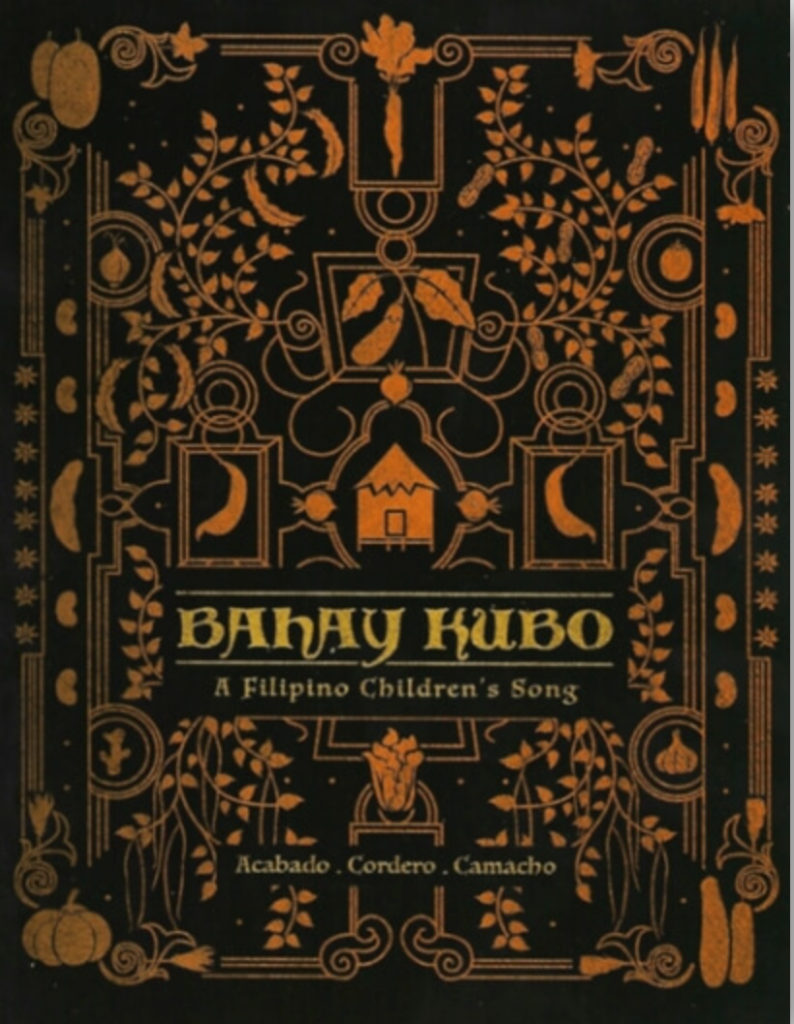
A picture book for kids based on the popular Filipino children’s song Bahay Kubo. It contains essays by archaeologist Stephen Acabado and poet Kristian Sendon Cordero, as well as Aldrin Camacho’s artwork.
May Sungay ang Hari! (The King Has Horns!) – Augie Rivera and Beth Parrocha

The Center for Art, New Ventures and Sustainable Development (CANVAS)
An old Filipino saying goes: “The ground has ears, and news has wings.” This means that no secret can remain unrevealed. But, how can a town discover the dark secret that their cruel and greedy king keeps close? This story is a retelling of a traditional folktale from Ilocos, a northern province of the Philippines, called “The President Who Had Horns” from the anthology Philippine Folk Tales by Mabel Cook Cole published in 1916.
What It Means To Be Malaya – Emmily Magtalas
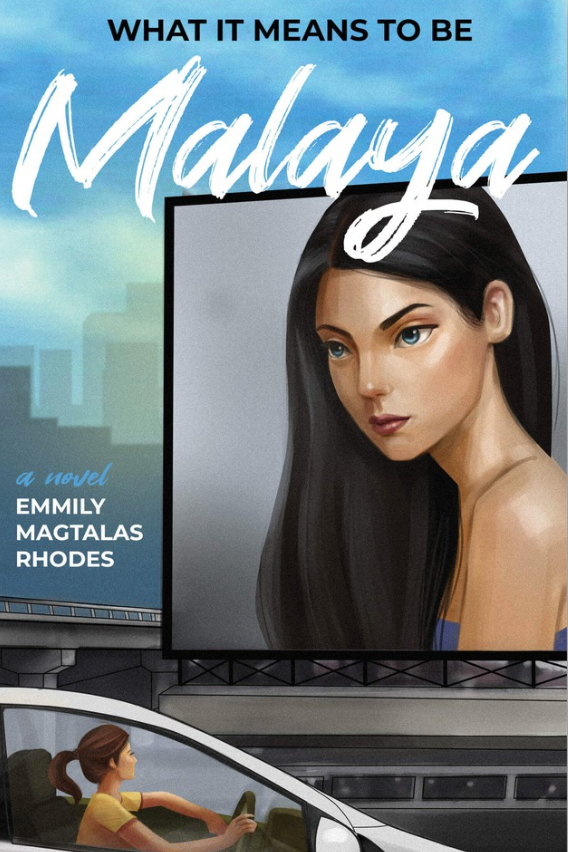
Ateneo de Manila University Press
The novel follows the moral and psychological growth of Bunny, a young woman on the brink of adulthood as she negotiates her various relationships with her family and with friends in school. The popular and attractive Malaya stands out among these friends. A sensitive introvert who dreads socialising and endures the sterility of a regimented life with her mother, Bunny sees Malaya as the epitome of unfettered youth, who awakens in her a yearning to belong.
The novel is a social commentary that holds a mirror to Philippine society, casting a critical eye on our definition of success; obsession with beauty contests; on beauty-enhancing products; on Western standards of beauty and fashion; on the advertising and PR industry; on church-going people unaware and unmindful of the disconnect between their religious practice and their behavior toward other persons. All told, an engaging, compelling read.

